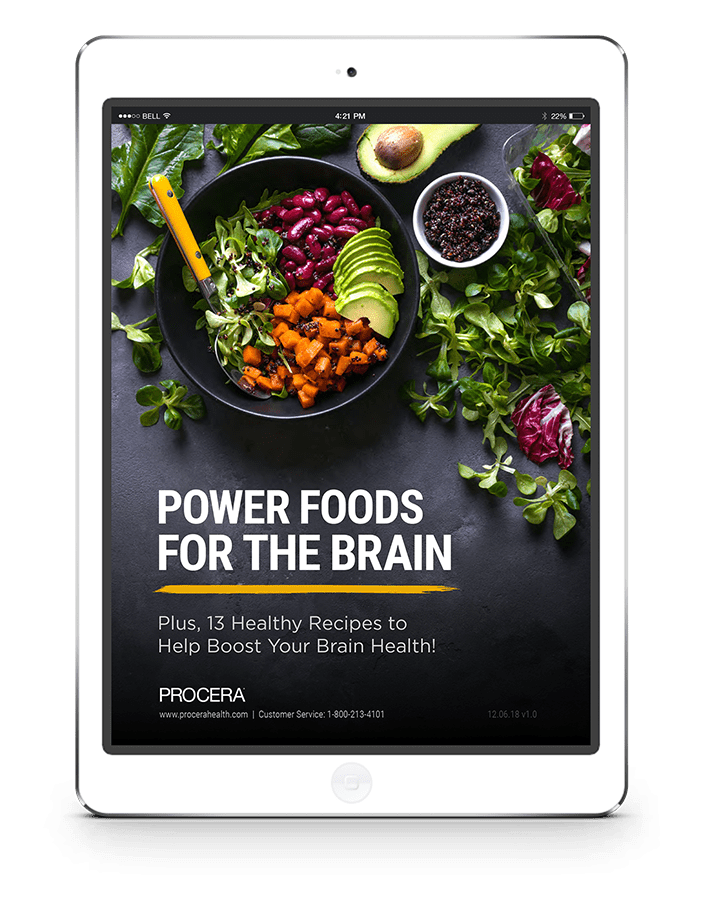
We all want to age well. Regular exercise, eating right, and avoiding stress help maintain a healthy body as we age, but what about the brain? New research indicates these same strategies also promote brain health.
Why do some people preserve their memory into old age while others do not? Much research is being done to answer this question. While science has yet to find a way to stop the aging process, neuroscientists are actively researching this topic and have found at least four core ways that we can maintain and possibly improve brain health as we age.
Science and clinical research indicate that many lifestyle choices are linked to brain health. Summary findings show:
1) Regular Exercise
Regular exercise is one of the most important recommendations for healthy bodies and brains. Exercise boosts blood flow and enhances nerve cell formation and survival in parts of the brain associated with learning and memory. Research suggests that physical fitness prevents the atrophy of brain regions, including the hippocampus. One study showed inactive older adults who begin to walk three times a week have improved efficiency in the neural networks involved in cognition. Other results show that physical activity affects executive control functions, such as multi-tasking, scheduling, and planning.
Take A Walk – a Stanford University study found that 30 participants who walked through green areas of campus for 50 minutes had benefits in cognition, such as working memory, and afterwards were more attentive and happier, with less anxiety, compared to 30 strolling near heavy urban traffic.
2) Diet & Weight Management
A healthy diet is important for weight management, which turns out to be another key factor in maintaining brain fitness. Clinical research shows that older men with the most body fat tend to do worse on cognitive tests than their slimmer counterparts. Women show similar effects. Older women with a group of risk factors known as “metabolic syndrome” — excess fat around the waist, high cholesterol, and high blood pressure — had increased rates of cognitive impairment. Another reason to eat right: blood sugar levels affect brain health. The blood sugar glucose, which the hormone insulin shuttles through the blood stream into cells, provides the brain with fuel.
Research shows that a Mediterranean-style diet rich in fish, whole grains, green leafy vegetables, olives, and nuts helps protect the brain, improve cognitive function and maintain optimal your optimal weight. To learn more about the Mediterranean diet, click here.
3) Anxiety & Stress Management
Research shows that avoiding undue stress also is important for promoting healthy aging. Chronic stress can strain the entire body, and physicians have long noted that severe stress weakens the immune system and promotes weight gain. Scientists have found the brain also suffers from long-term psychological stress. Steroid hormones known as glucocoticoids, which are released in response to stress, can have lasting effects on the brain regions that regulate their release. Regions of the aging brain that are most susceptible to decline are especially vulnerable to stress hormones. Research also suggests that prolonged social stress has been shown to damage the hippocampus - reduces the development of new cells and decreases connections between cells.
Start a Garden – being outdoors in nature can lower stress hormones. A Dutch study has shown that gardening can help alleviate stress. In the study, one group was asked to read indoors after completing a stressful task while the other group gardened for 30 minutes. The gardeners reported being in a better mood that the readers and also had lower levels of the stress hormone cortisol.
4) High Quality Sleep
We all feel better after a good night’s sleep and recognize the difference it makes to our mental and physical well-being. Recent research shows that our memory improves with a restful night of sleep. A recent meta analysis of conventional sleep drugs used to treat insomnia concluded while they may improve short term sleep outcomes, their long term efficacy are not known and may cause cognitive changes. For this reason, we recommend natural, plant based ingredients as sleep aids such as valerian, hops, chamomile and finally cherry juice, which help raise the level of melatonin, the hormone that regulates the sleep wake cycle.
Add Plants To Your Bedroom – plants purify the air and can be sleep-inducing – try lavender, chamomile and jasmine.








.png?width=1350&name=Procera%20Logo%20W%20Tagline%20White%20(3).png)
Comments
Add Comment